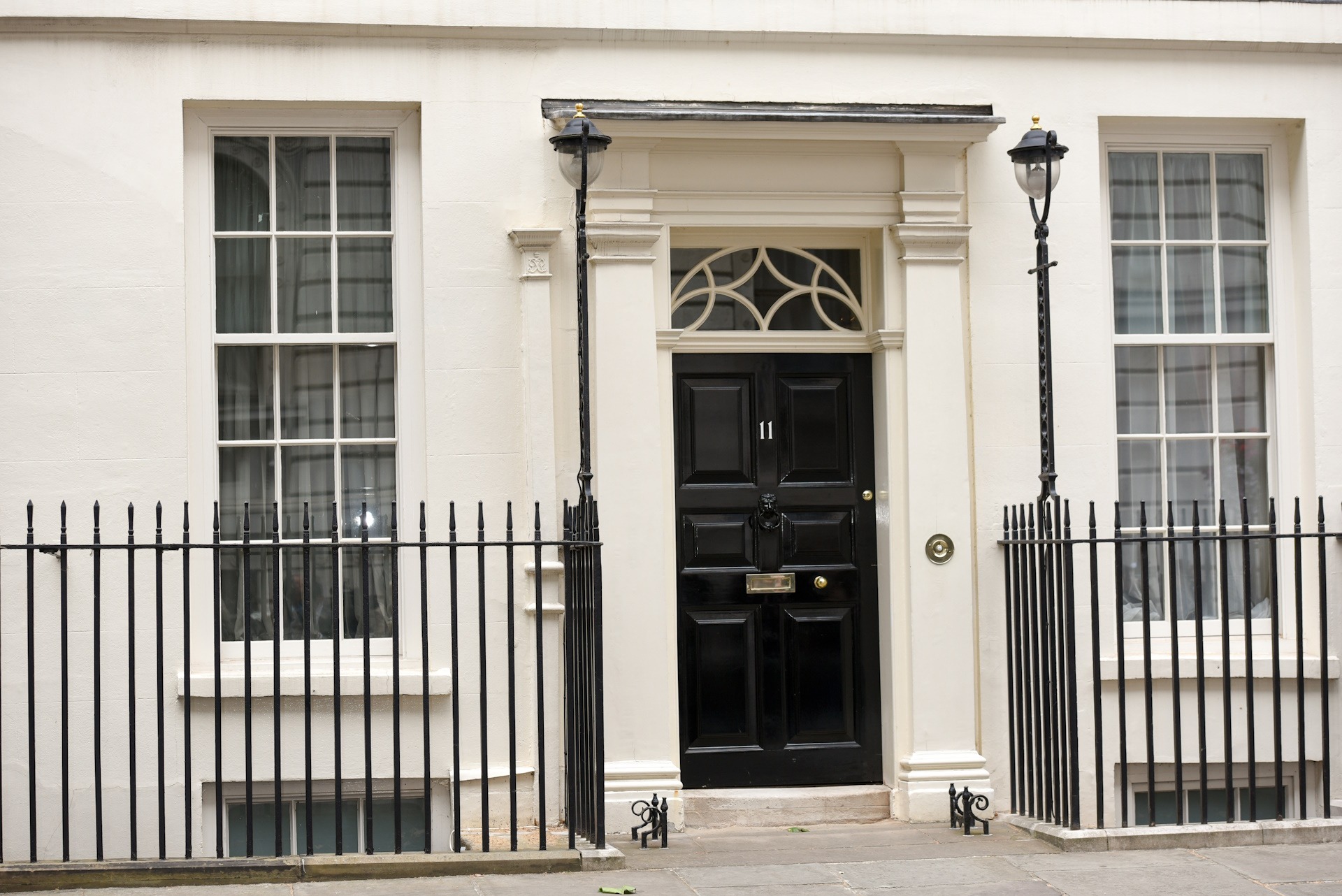

Business Expected to Shoulder Burden in Historic UK Budget as Labour Seeks to Address National Financial Shortfall
Today, Chancellor Rachel Reeves presented the most significant tax-raising budget in modern British history, positioning businesses as a key source of funds to address the UK’s £22 billion budget deficit and maintain critical public spending. Making history as the first woman to deliver a budget, Reeves outlined an Autumn Statement with policies aimed to generate an additional £40 billion in annual revenue from the corporate sector for the upcoming financial year. This marks the first Labour Autumn Statement in 14 years and sets a new tax record, with the percentage of GDP collected in taxes projected to hit 38% by 2029-2030.
A notable component of the Chancellor’s plan is a 1.2% increase in employers’ National Insurance contributions, raising the rate to 15% from April. Additionally, the secondary threshold for National Insurance has been lowered from £9,000 to £5,100. The government expects these changes to bring in £25 billion over the next five years. In light of the tax hike, the Chancellor emphasised that the employment allowance, which mainly benefits smaller companies, has doubled to £10,000, extending relief to all businesses, a change from previous restrictions on eligibility.
Other highlights include the decision to keep Corporation Tax at a fixed rate of 25% for the remainder of the current parliament. Reeves justified the adjustments as “difficult decisions on tax” while stressing their role in protecting the country’s financial health and public services.
Simon Cox, Head of Policy at the Milton Keynes Chamber of Commerce, expressed concern over the impacts on local business owners. “The Chancellor spoke about protecting working people, but the hard-working business owners and entrepreneurs have been overlooked here. This budget will place further pressures on businesses with increased taxation, increased payroll costs and National Insurance contributions and may see hesitation when it comes to employment locally.” Cox stated.
In addition to tax changes, substantial increases in minimum wages are expected to affect SMEs. Starting next April, wages for workers over 21 will rise by 6.7% to £12.21 per hour, and younger workers aged 18-20 will see a 16.3% increase, raising their hourly wage to £10. Reeves reiterated her commitment to ultimately creating a single adult rate to “transform” the workforce.
The Chancellor also announced a two-tier Business Rates system, which introduces a “higher multiplier” for high-value properties and reduces the relief for retail and hospitality businesses from 75% to 40%, effective from the 2026-27 financial year. Properties in the agricultural sector and business property reliefs will be capped, with maximum relief set at £1 million, taxing anything above that threshold at 50%.
The bold measures outlined in today’s budget reflect Labour’s commitment to balancing fiscal responsibility with social welfare, although the corporate sector is positioned to absorb much of the financial impact.
For more information, please contact: policy@northants-chamber.co.uk or policy@chambermk.co.uk.









